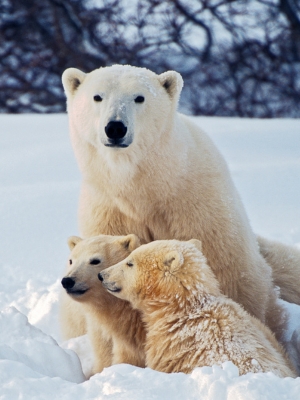Recently, Zoo Miami has been shamed in the world media after a video was published on social media of zoo visitors handling a threatened kiwi bird called Paora. Famously the national symbol of New Zealand, and a Taonga (treasure) for the Māori people, there was an outpouring of anger and concern when the video, in which the bird was touched and petted by zoogoers, was made public. Kiwis are nocturnal animals and naturally live in underground burrows. At the zoo, complainants said the bird was kept awake during the day, held under fluorescent lights four days a week, handled and “shown off like a toy” by visitors, and had only a small box to mimic his natural underground habitat.
With guests reportedly paying $25 for the encounter, the offending video showed the small bird running to hide in the only shelter provided – a small wooden box – and a staff member lifting the lid and laughing to expose him to guests.
Mistreatment Sparks International Outrage
The concern for the bird was so great that New Zealand’s Department of Conservation got involved, saying in a tweet that they would be reaching out to the Association of Zoos and Aquariums to address concerns about Paora’s housing and handling. A petition denouncing Paora’s treatment is close to reaching 15,000 signatures.
What was clear from the thousands of people raising concerns was that the welfare of Paora was being severely compromised. The response from Zoo Miami was swift but, bizarrely, made no mention whatsoever of Paora’s poor treatment.
The statement said: “Though Paora has thrived at Zoo Miami while receiving the best care available, the development of the Kiwi Encounter was, in hindsight, not well conceived with regard to the national symbolism of this iconic animal and what it represents to the people of New Zealand, especially the Maori [sic].” It continued: “it is especially painful to all of us to think that anything that has occurred with Paora here at Zoo Miami would be offensive to any of the wonderful people of New Zealand. Again, we are deeply sorry.”
In the statement, although Zoo Miami’s embarrassment at being called out was palpable, their attempt at an apology failed to express any regret over the bird’s suffering and distress.
When Will Humans Value Animals in their Own Right?
Despite being inappropriate, stressful, and potentially dangerous, animal encounters have become a staple of the modern zoo experience, with “encounters” being offered with a variety of species. Zoo Miami’s statement begs the question: When will we begin to value animals in their own right?
In addition to violating the deep cultural and national significance that kiwis have for the people of New Zealand, Paora’s suffering was self-evident. Just one of these offenses should have been enough for the cruel practice to be shut down. Indeed, the very predictable stress caused by the encounter means that it should never have been considered in the first instance. If we truly value animals in their own right and not only for what they represent to us, this practice is simply unacceptable.
All animals, regardless of their perceived value to humans, value their own lives and deserve to be treated with respect and care. We are grateful that Paora’s suffering is now being mitigated but we call upon zoos everywhere to revisit all of their poorly conceived animal encounters and end them in the interests of animal welfare and public safety, not simply on occasions when the animals in question mean something special to people.
Keep Wildlife in the Wild,
Liz

 Dear Reader,
Dear Reader,